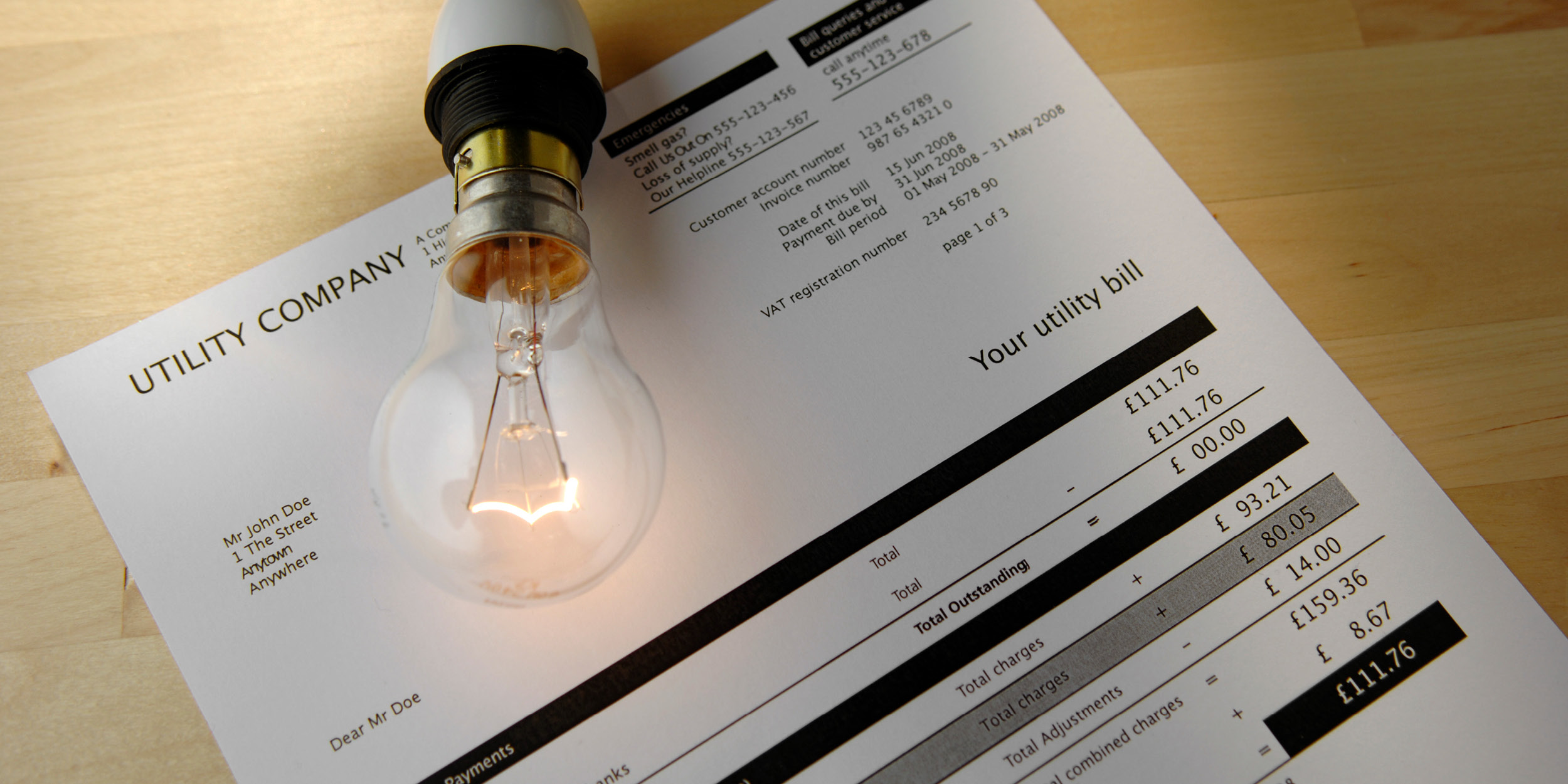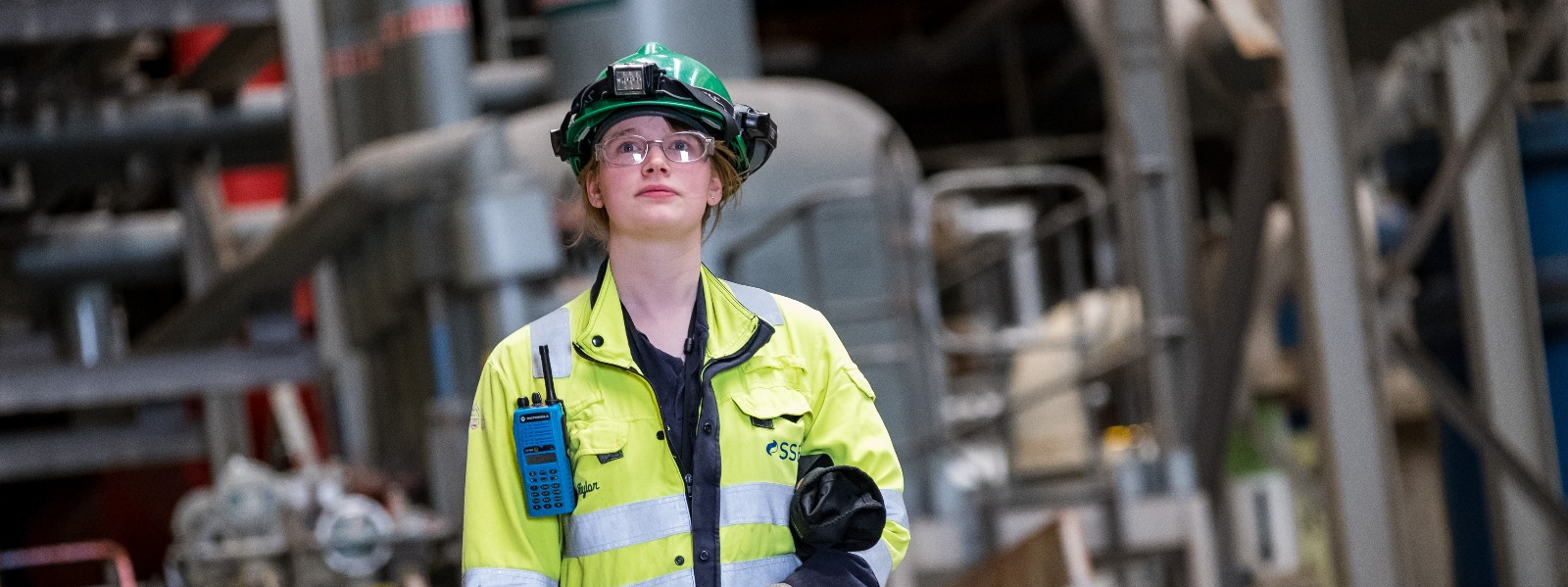.jpg)
Projects

UK Energy Research Centre (UKERC) tariffs
Distributional and economy-wide impacts of social and flexible tariffs

UK Energy Research Centre (UKERC)
Whole systems research focusing on the challenge of delivering the energy transition.

Energy Demand Research Centre (EDRC)
Addressing the unique opportunity to realise benefits from energy demand reductions in industry, businesses, transport and homes

Pre- and post-combustion carbon capture in UK Industries
The wider economy and competitiveness impacts of employing pre- and post-combust

TidAl Range schemes as configurable Grid-scale Energy sTorage facilities(TARGET)
Investigating the potential of Tidal Range Schemes as renewable generation technologies that can also be operated as grid-scale energy storage facilities.

Labour market challenges in decarbonising the UK’s industry clusters
Understanding how persisting labour market supply constraints and other cost pressures may impact decarbonisation project delivery and sectoral/wider economy outcomes.

Enabling an evidence-based Net Zero transition in the UK
Providing policy analysis and insights on the macroeconomic and distributional impacts and implications of Net Zero and wider energy and climate policy actions and decisions.

CCUS and labour markets
Understanding how UK labour supply constraints may impact on CCUS project delivery and also the cost-of-living and -doing-business across the UK economy.

Ocean Renewable Energy Fuel (Ocean-REFuel)
Understanding of the economy-wide impacts of green hydrogen production through ocean renewable energy.

Delivering equitable and sustainable heat transitions (SEHT)
Exploring how an effective and fair transition to low-carbon heating can be achieved in the UK

Innovative public policy solutions for net zero societies
Exploring how public and private finance can accelerate the net zero transition

Industrial decarbonisation and just transitions
Understanding the economy-wide impacts of the decarbonisation of carbon-intensive industrial processes.

Scotland’s Net Zero Infrastructure (SNZI) programme
Understanding the wider UK economy impacts of transitions to low carbon fuels and deployment of carbon capture and storage in Scotland

Scotland's Net Zero Roadmap
Understanding the public policy challenges of decarbonising industry in Scotland

Residential energy and the UK’s transition to net zero
Exploring how residential energy efficiency improvements can be supported in the transition to a net zero economy
.jpg)
Who pays and who gains from electricity network upgrade for Electric Vehicles?
Understanding how and to what extent the level and timing of investment in EVs rollout enables targeted emission reduction and impacts on the wider economy.